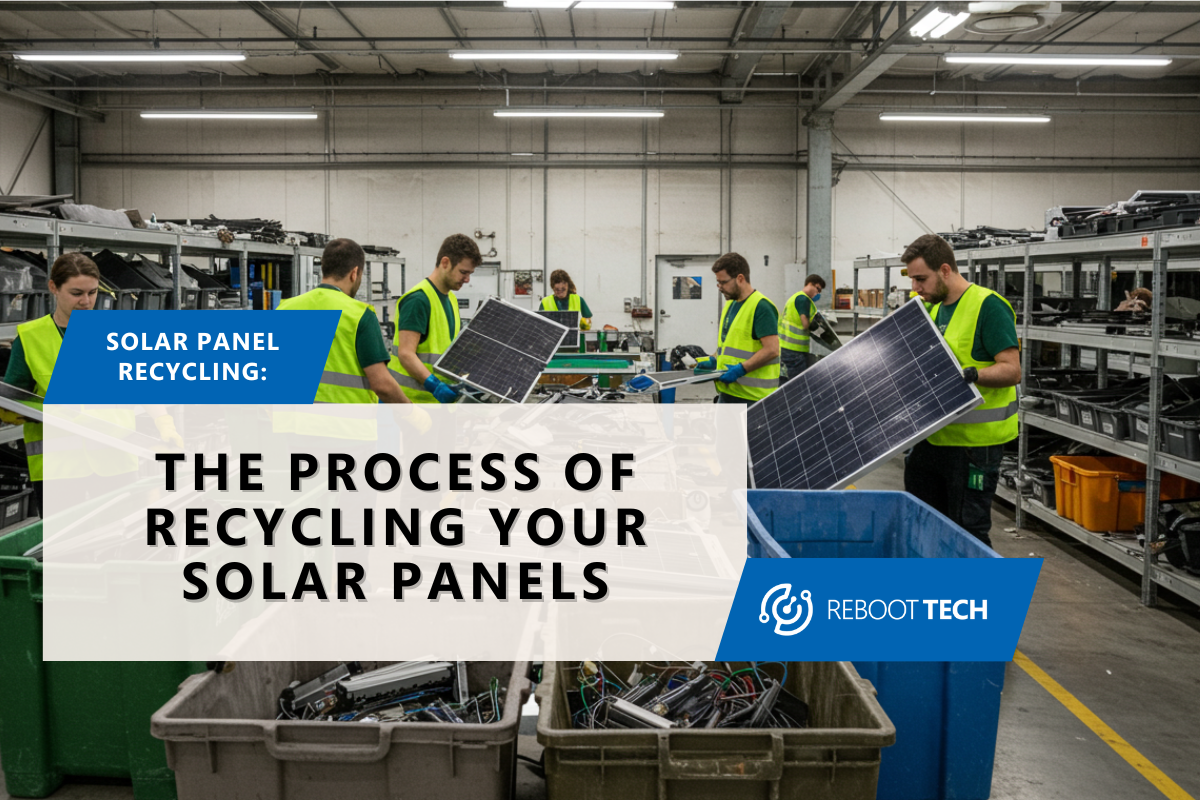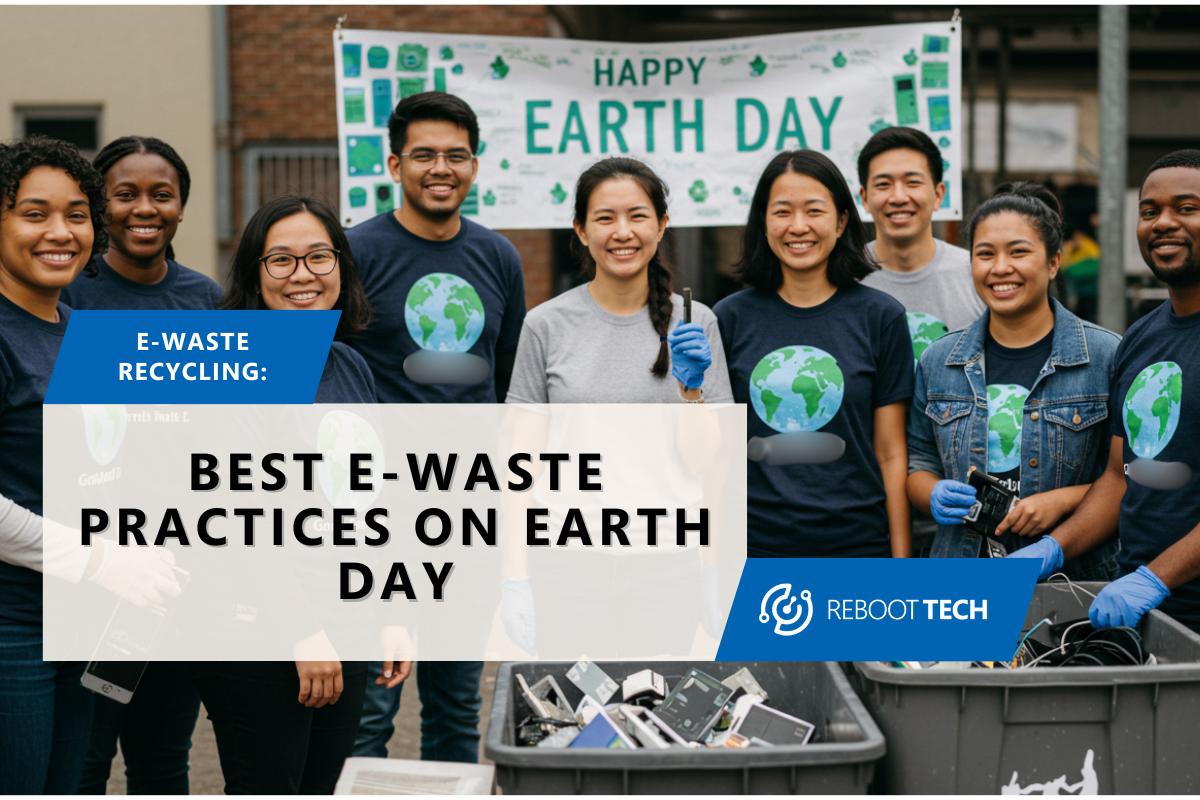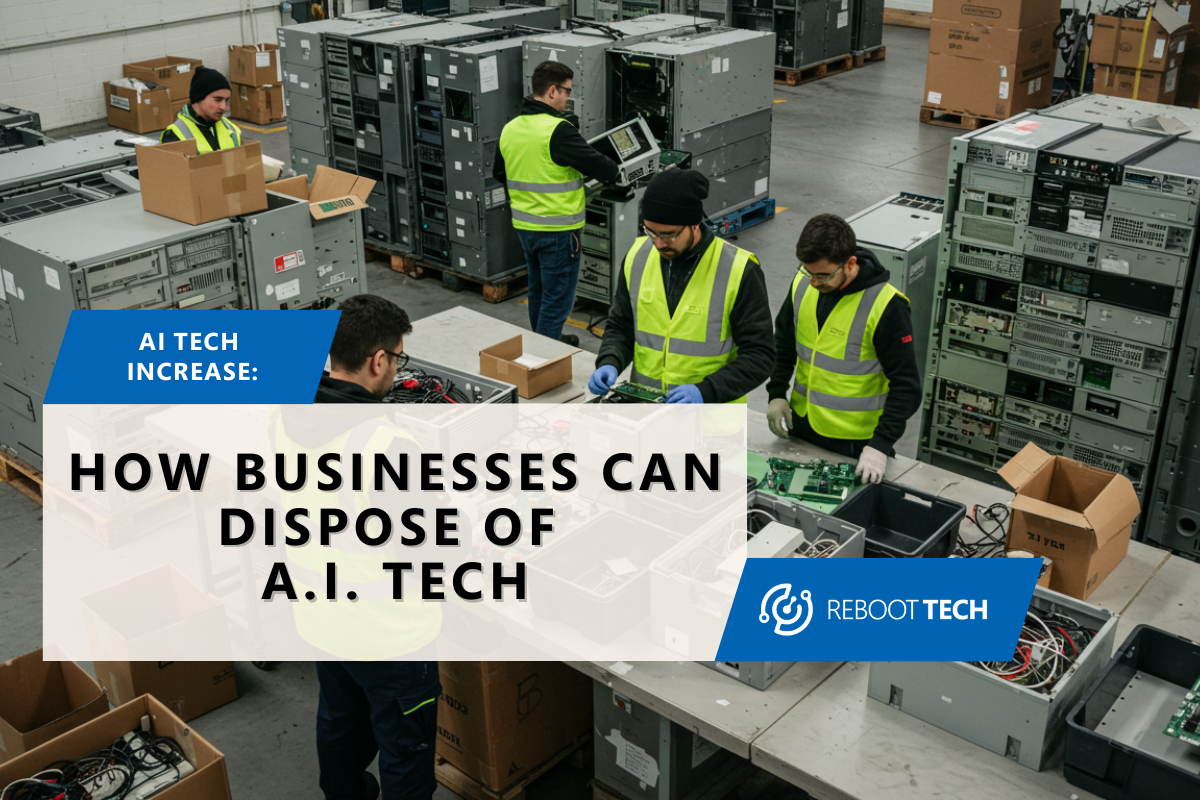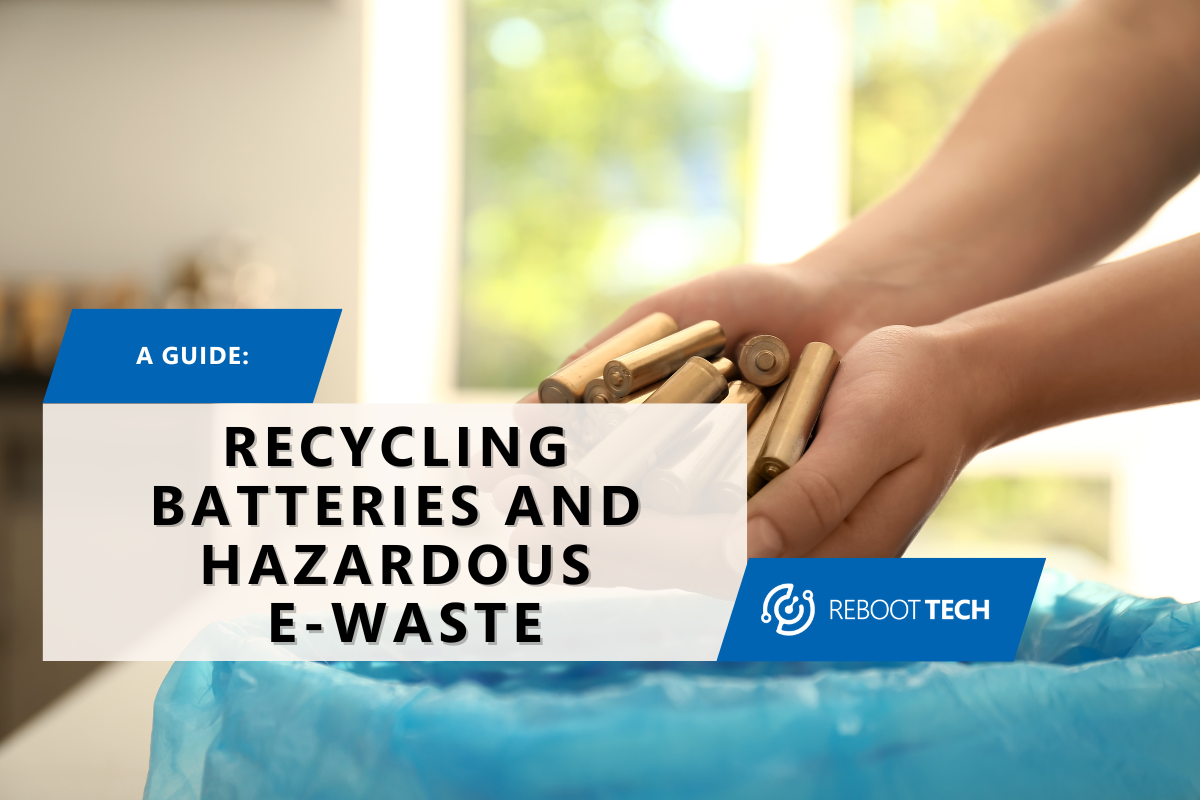
The Urgency of Proper E-Waste Disposal
Imagine opening a drawer or closet in your home or office and discovering a collection of old batteries, broken light bulbs, and outdated electronics. What do you do with them? Many people face this dilemma, unsure of how to dispose of these items safely.
Improper disposal of batteries and hazardous e-waste can lead to serious environmental and health risks. But there’s good news: recycling hazardous waste properly can help mitigate these risks and promote sustainability.
In this blog, we’ll delve into the different types of hazardous batteries and e-waste, explain why they are considered hazardous, and guide you through the recycling process. By the end, you’ll understand how to recycle hazardous e-waste safely and why using a certified e-waste recycler like Reboot Tech is the best option.
What Types of Batteries Are Hazardous?
Batteries power our world, from remote controls to laptops. But not all batteries are safe. Some contain harmful materials that can hurt the environment and our health if not disposed of correctly.
Alkaline Batteries
These are common in everyday items like flashlights and toys. While newer ones are safer, they can still harm the environment if not thrown away properly.
Lithium-Ion Batteries
Found in smartphones, laptops, and electric cars, these batteries are powerful but dangerous. They can catch fire or release harmful substances if damaged or disposed of incorrectly.
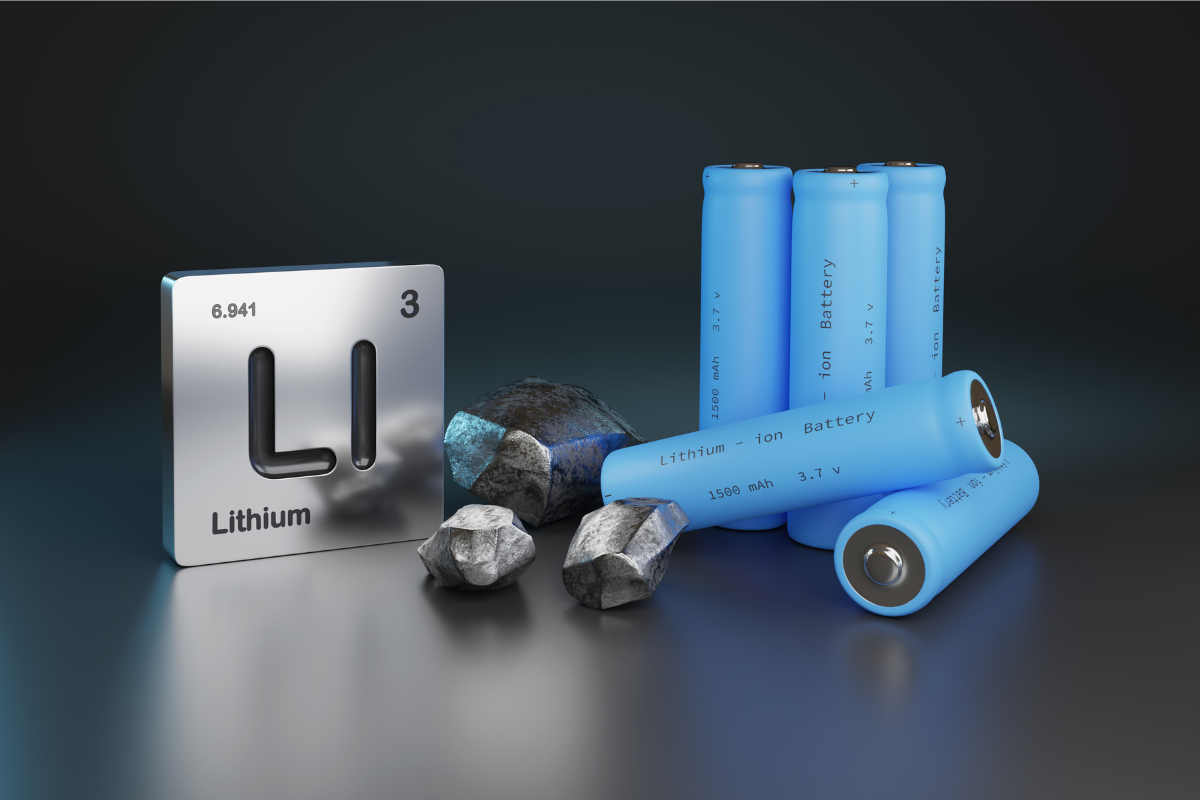
Nickel-Cadmium (NiCd) Batteries
Nickel-cadmium batteries are found in rechargeable devices like power tools and emergency lighting. They contain cadmium, a toxic metal that can cause environmental pollution and health issues if not recycled properly.
Lead-Acid Batteries
Lead-acid batteries are commonly used in vehicles and backup power supplies. These batteries contain lead and sulfuric acid, both of which are hazardous and require special handling during disposal.
What Qualifies as Hazardous E-Waste?
Hazardous e-waste includes electronic items that contain toxic materials harmful to the environment and human health. Identifying these items is crucial for proper disposal. Here’s a list of common hazardous e-waste items:
Monitors and Displays
- CRT Devices: Older televisions and computer monitors with cathode ray tubes.
- LCD Devices: Desktop monitors, laptops, tablets, and televisions with liquid crystal displays.
- Plasma Televisions: High-definition televisions with plasma display panels.
- OLED Devices: Advanced displays found in some televisions, desktop monitors, laptops, and tablets.
- Portable DVD Players: Devices with built-in LCD screens.
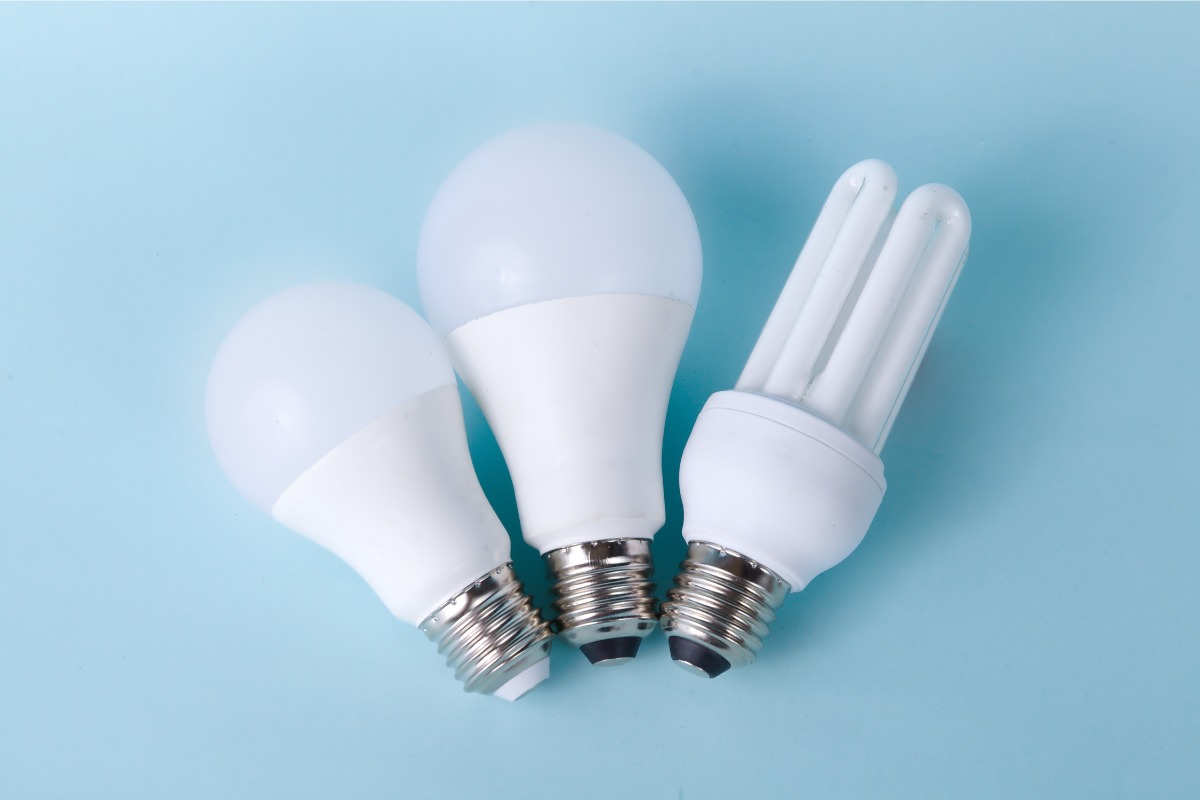
Light Bulbs
- Fluorescent Light Bulbs: Contain mercury, requiring special disposal.
- LED Light Bulbs: More environmentally friendly but still need proper recycling.
Specialized Equipment
- Cash Registers and Oscilloscopes: Often contain CRTs and other hazardous components.
Kitchen Appliances
- Microwave Ovens: Especially those made mostly of plastic, require careful handling and disposal.
How to Recycle These Items
Proper recycling of hazardous batteries and e-waste is essential to protect the environment and human health. Here are some ways to recycle these items:
Local Recycling Programs
Many local governments and communities offer recycling programs for hazardous waste. Check with your local waste management authority for information on drop-off locations and special collection events. Or simply google, “e-waste recycling center near me”, research the company for necessary certifications, and then drop off your electronics!
Retail Take-Back Programs
Some retailers offer take-back programs for certain types of batteries and electronics. Stores like Best Buy and Staples have recycling bins where you can drop off your old devices.
Manufacturer Recycling Programs
Many electronics manufacturers have recycling programs that allow you to send back old devices for proper disposal. Companies like Apple, Dell, and HP provide free recycling services for their products.
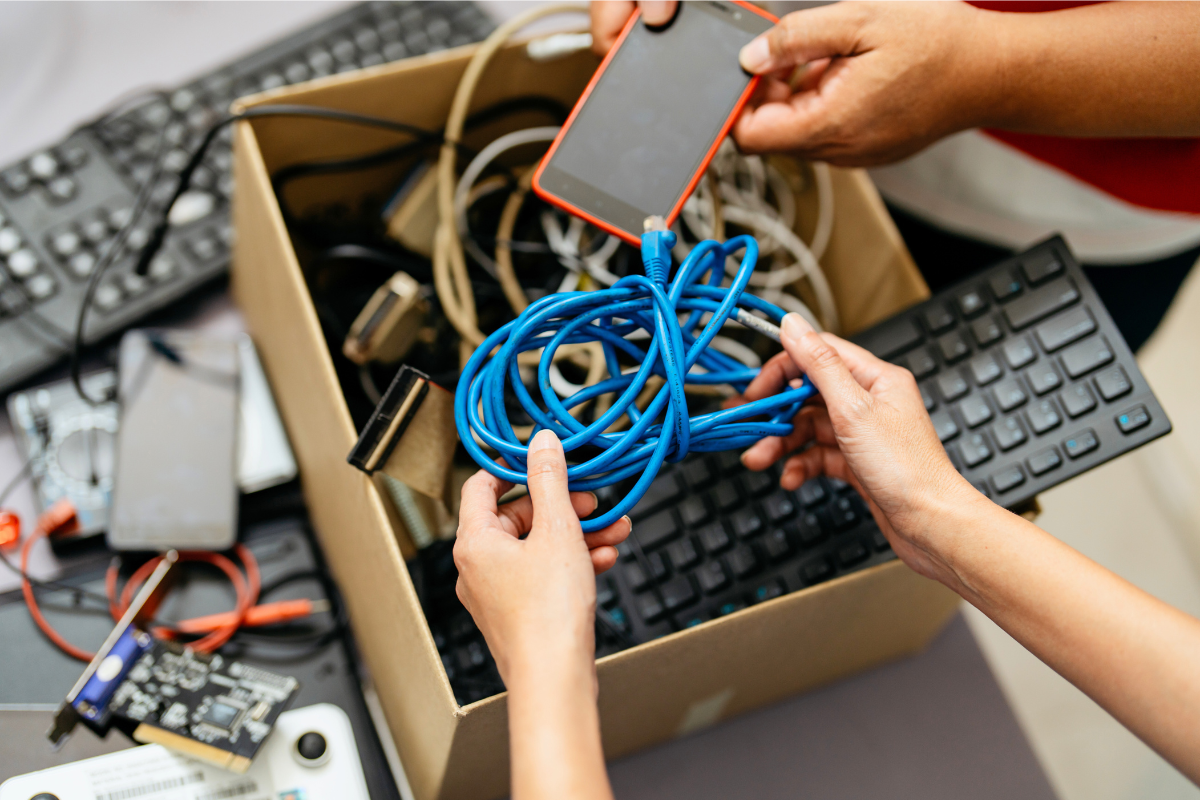
Specialized E-Waste Recycling Centers
Specialized e-waste recycling centers are equipped to handle a wide range of hazardous e-waste. These centers ensure that toxic materials are safely extracted and recycled, preventing environmental contamination.
Why Certified E-Waste Recyclers Are the Best Option
The safest and most reliable way to recycle hazardous batteries and e-waste is through certified e-waste recyclers. Certified recyclers adhere to strict environmental and safety standards, ensuring that hazardous materials are managed responsibly. Here’s why you should choose a certified e-waste recycler like Reboot Tech:
Environmental Responsibility
Certified e-waste recyclers follow stringent guidelines to minimize environmental impacts. They use advanced techniques to safely extract and recycle valuable materials from e-waste, reducing the need for raw materials and promoting a circular economy.
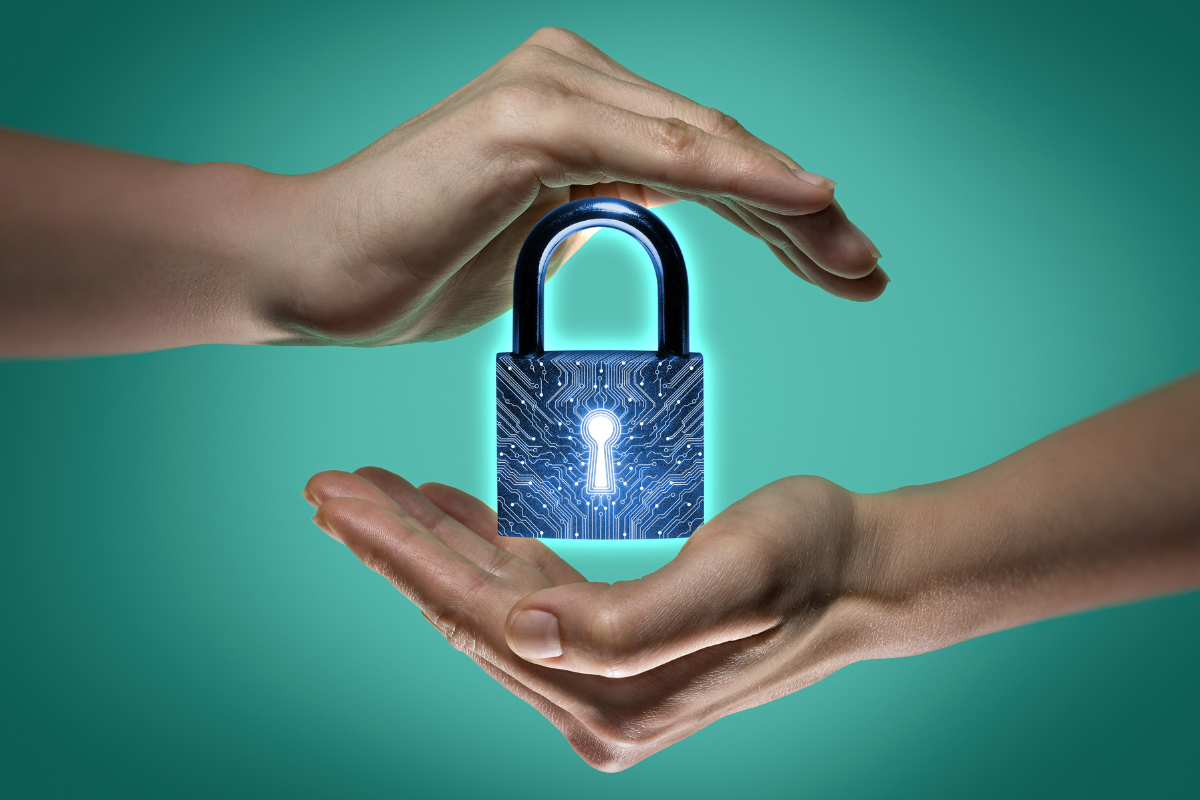
Data Security
For businesses, data security is a significant concern. Certified recyclers provide secure data destruction services, ensuring that all sensitive information is permanently erased from your devices. This helps prevent data breaches and protects your business from potential liabilities.
Compliance with Regulations
Certified recyclers comply with all relevant regulations and standards, such as those set by the Environmental Protection Agency (EPA) and other regulatory bodies. This compliance ensures that your e-waste is handled legally and responsibly.
Peace of Mind
Choosing a certified recycler gives you peace of mind, knowing that your e-waste is being managed by professionals who prioritize safety and sustainability.
Making the Responsible Choice
Recycling hazardous batteries and e-waste is a responsibility we all share to protect our environment and health. We can all do our part by understanding what qualifies as hazardous e-waste and knowing how to recycle these items properly.
Let’s work together to tackle the growing e-waste crisis and protect our planet for future generations. Contact Reboot Tech today to learn more about their services and how they can help you with your hazardous e-waste recycling needs. Remember, every device recycled is a step towards a cleaner, greener world.
By choosing certified e-waste recyclers and following proper disposal practices, we can make a significant impact on reducing the environmental and health risks associated with hazardous e-waste. Join us in making responsible recycling a priority and promoting a sustainable future for all.


